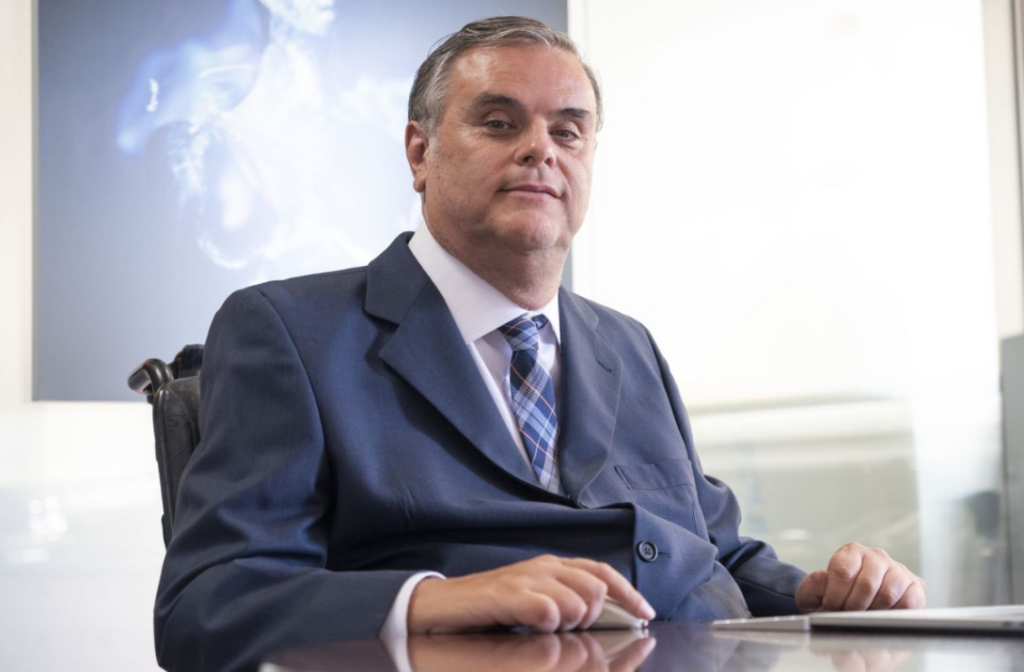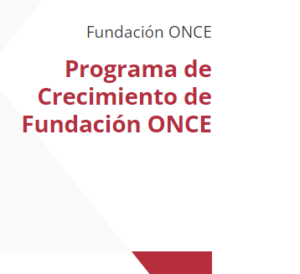
The Inclusive Circular Economy is one more step within the current trend in the world of the circular economy, which is committed to a business model with a triple function (economic, environmental and social) to guarantee future sustainability for all the people of the planet. Its principles are:
- Preserve natural capital. Make use of natural resources, such as tides, wind and sun, as they are naturally restored more quickly and impact less on the environment.
- Inclusive participation. The circular economy generates all kinds of opportunities to include people with disabilities in the workplace. People with disabilities are an excellent asset that companies should not give up. Their strong commitment and motivation, their different ways of acting and seeing things make them very efficient workers and generators of a good work environment. The Companies that have people with disabilities in their workforce promote sustainability and social inclusion without giving up profitability.
- Optimize the use of resources. We live on a planet in which the natural resources to which there is access are limited and likely to be exhausted (fresh water, gas, oil,…). Therefore, we must optimize its use and carry out actions that guarantee reduction, recycling and reuse.
- Prioritize accessibility. In the linear economic model, speed and appearance prevail and there are many obstacles and barriers for people to with disabilities access the labor market. Prejudices, unconscious biases, training and information or the lack of accessibility, both physical and mental, stop companies from hiring people with disabilities. On the contrary, the Inclusive Circular Economy is committed to taking advantage of the talent and opportunity offered by people with disabilities. Universal accessibility is the tool to ensure that people with disabilities participate fully and safely in the world of work on equal terms.
- Reduced environmental impact. The key to caring for the environment is to reduce the amount of waste we generate. The emission of greenhouse gases and CO2 into the atmosphere must be reduced, which increase pollution and pollution in cities and damage the ozone layer, causing a great impact on people.
- Product repair. In general, all products, and mainly mechanical and technological ones, break down over time. But it is also common that, for reasons of fashion and marketing, they are replaced even when they are in operation or are thrown away without attempting to repair them. A simple fix or part change can keep them running longer. This action contributes to maintaining the circularity of the entire economy. It is important to prevent a product that can still work from ending up in the trash early; repairs and second-hand use should be prioritized. Furthermore, these activities would generate a good number of inclusive jobs.
- Bet on elongation. Lengthening, which advocates extending the use of products with efficiency and correctness, should prevail over planned obsolescence, which sets an expiration or use date on products and invites them to change and consume quickly. In this way, the amount of waste is reduced. Furthermore, when creating products and services, ecodesign will be chosen, which is based on practices ranging from The use of biodegradable materials allows defective parts to be replaced or repaired to prolong the life of the product. It’s about people having fewer things, but they are more durable and respectful.
To carry out all these issues, it is essential to involve all citizens and have their participation. This activity must have a global conception and cover the entire diversity of the population without leaving out people with disabilities, who also have the right and obligation. Considering that training and awareness on the matter must also be done in an accessible way to reach all people.
Source: NAN Architecture


